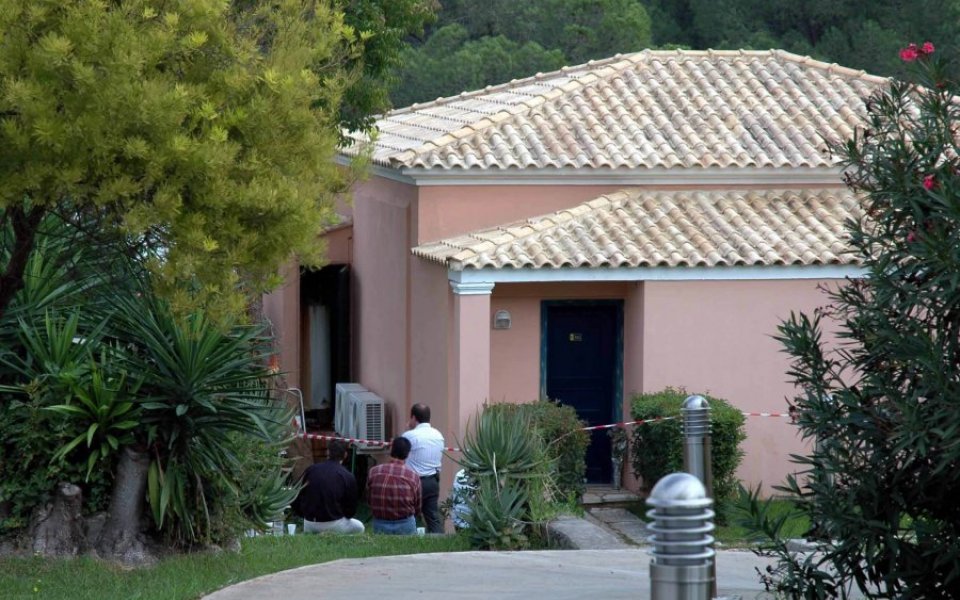Thomas Cook report: Sorry shouldn’t be the hardest word to say

When a company finds itself in crisis mode the chief executive will have a range of advice put to them.
Communications and PR experts may take a view contrary to that of the company’s lawyers. Management, shareholders and media commentators may also be voicing their opinions or concerns. Ultimately, the boss has to decide how to respond.
Such moments are known as decision points, and they’re the reason why those who occupy the top spot tend to have the best office and the biggest salary. It can be a lonely place.
We can only imagine the debate that raged among executives at Thomas Cook during the height of the tragedy and subsequent crisis that engulfed the company in the wake of the deaths of seven-year-old Christi Shepherd and her six-year-old brother, Bobby, back in 2006.
PR staples such as “we have to get out in front of this” likely clashed with legal advice that tends to equate an apology with an admission of liability.
Justin King, the former chief executive of Sainsbury’s, has concluded his review of the package holiday company’s reaction to the tragedy, in which the Shepherd children died from carbon monoxide poisoning at a Corfu hotel.
Thomas Cook has described King’s report as “uncomfortable reading”.
The company is accused of having put profit before people and of having compounded the deaths with “intermittent, sometimes ill-timed and often ill-judged” dealings with the family in the aftermath.
A refusal to apologise combined with the appearance of hiding behind lawyers put the company on the wrong side of a public whose patience with corporate malpractice has grown thin and is getting thinner.
Being legally sound is one thing, but an appearance of callous indifference to a human tragedy can inflict far greater long-term damage to a corporate reputation.
When a tragedy of this nature strikes a company no PR strategy can adequately counter or “neutralise” the immediate consequences.
While dealing with the situation, the communications challenge is often simply to avoid compounding it. To do no further wrong. To recognise that not all situations come with a rule book of how to respond or an action plan outlined on the risk register, and to discover a little humility.